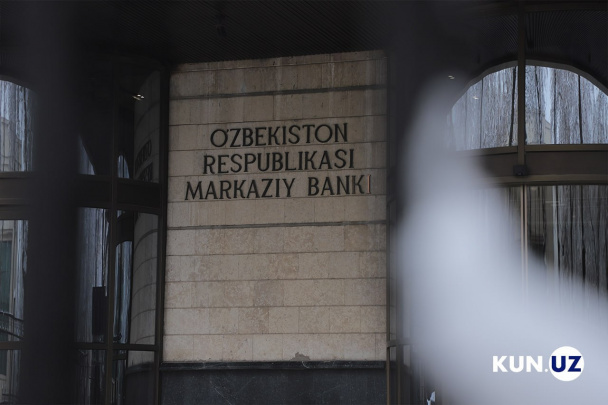Central Bank plans to regulate installment market amid rising debt concerns
The Central Bank of Uzbekistan is preparing to introduce regulations for the country’s rapidly expanding installment payment market, including the increasingly popular “Buy Now, Pay Later” (BNPL) model. This move is aimed at addressing the growing risks of over-indebtedness among consumers and the current lack of oversight in a financial segment that has reached significant scale.

Speaking at an International Monetary Fund conference on May 2, Central Bank Chairman Timur Ishmetov stated that the regulator routinely conducts stress testing with support from international financial institutions to detect risks and vulnerabilities—especially in new, unregulated sectors that could pose threats to financial stability.
“One such area is the BNPL system – Buy Now, Pay Later,” Ishmetov said. “It has grown to a fairly large scale, and we recently held a meeting with market participants in this very room. We intend to regulate this segment to ensure that individuals’ debt burdens are fully considered by banks and to provide proper consumer protection.”
Despite the rising popularity of BNPL and point-of-sale (POS) financing in Uzbekistan, banks currently lack access to information about borrowers’ debts in these sectors. This makes it difficult to accurately assess consumers’ overall financial obligations and increases the risk of excessive borrowing.
Since this type of consumer debt remains outside the formal banking system, lenders often issue loans without a clear picture of the client’s total liabilities, especially when offering consumer loans or microloans.
The Central Bank first mentioned plans to regulate installment schemes in January. Under the proposal, companies offering goods on installment will be required to report credit data to credit bureaus, thereby increasing transparency.
According to an April 2024 report by KPMG Caucasus and Central Asia, the POS financing and installment market in Uzbekistan was valued at $450–500 million in 2023. Uzum Nasiya and Alif Nasiya accounted for two-thirds of the market. The report projects the market could grow to between $1.5 billion and $2 billion by 2027.
KPMG also notes that POS financing often includes a markup on the product price, paid by consumers, which can range from 0% to 68% for 3- to 12-month installment plans. Some market participants offer a more traditional BNPL model with no markup for 3- to 4-month plans, where the sellers cover the commission.
In parallel, the Central Bank has already implemented stricter regulations for microloans, effective July 24. Banks must limit microloans to no more than 25% of their lending portfolios. Additionally, borrowers cannot be charged more than 50% above the principal in any one-year period – including interest, fees, penalties, and other charges.
Related News

15:51 / 27.05.2025
Uzbekistan’s public debt rises by $2.2 billion in Q1 2025

15:53 / 26.05.2025
Central Bank raises inflation forecasts amid energy tariff hikes

14:21 / 21.05.2025
Why meat is getting more expensive in Uzbekistan: A look at regional and domestic factors

15:42 / 20.05.2025




